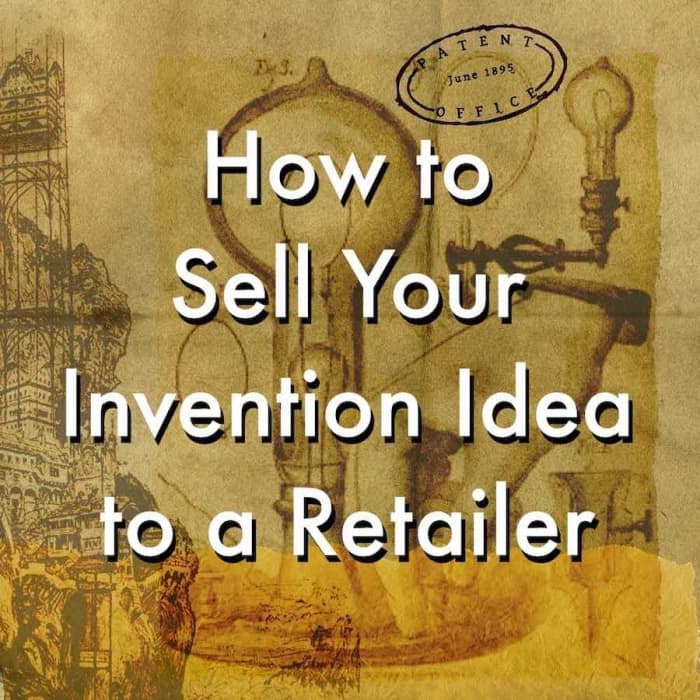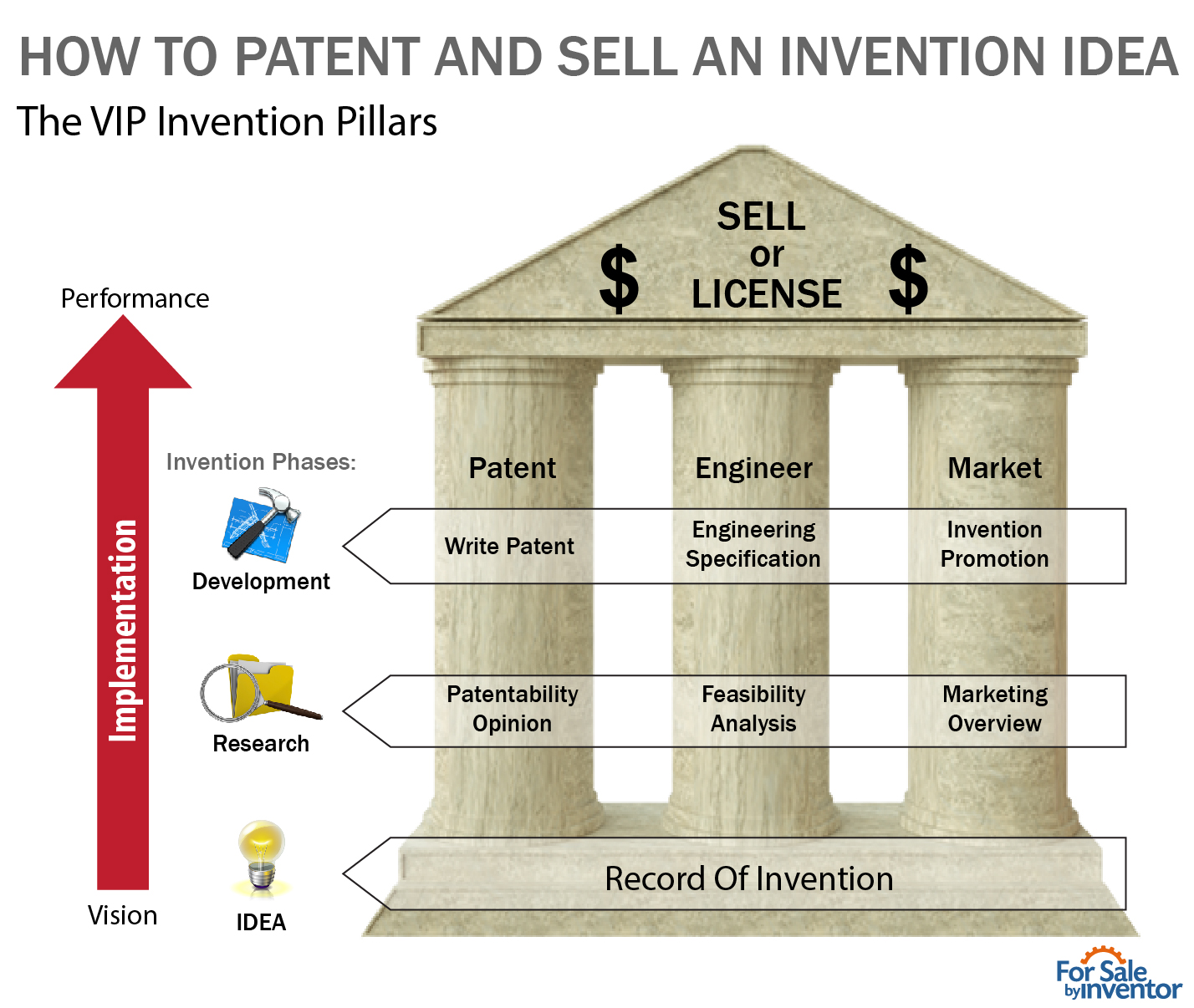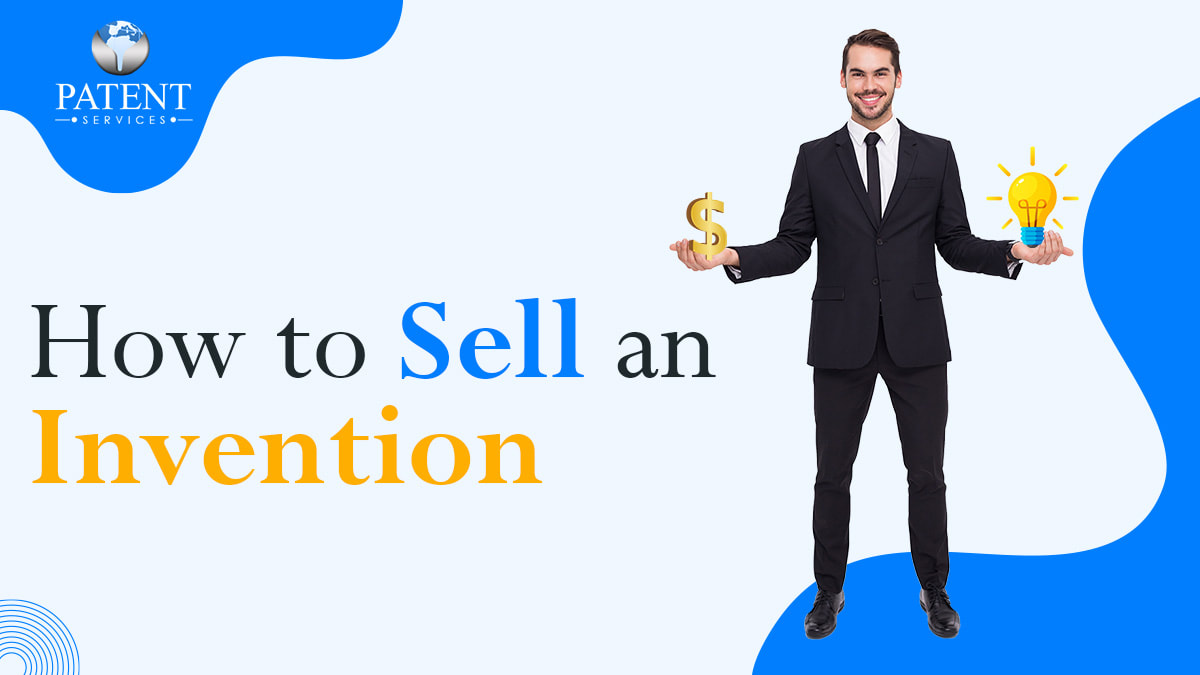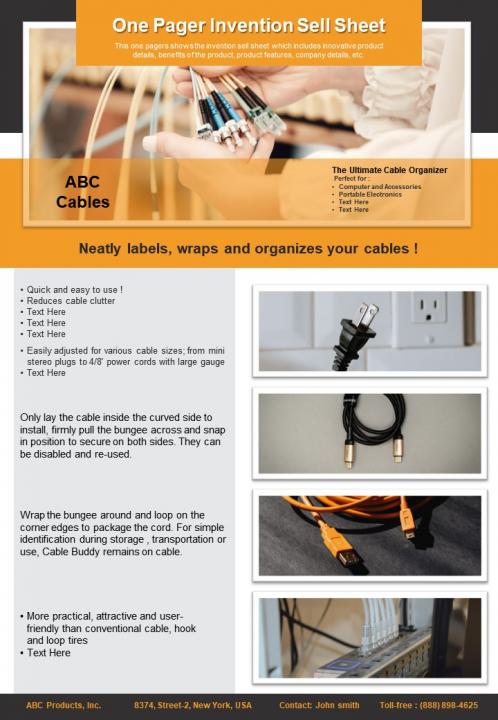How To Sell My Invention Idea To A Company
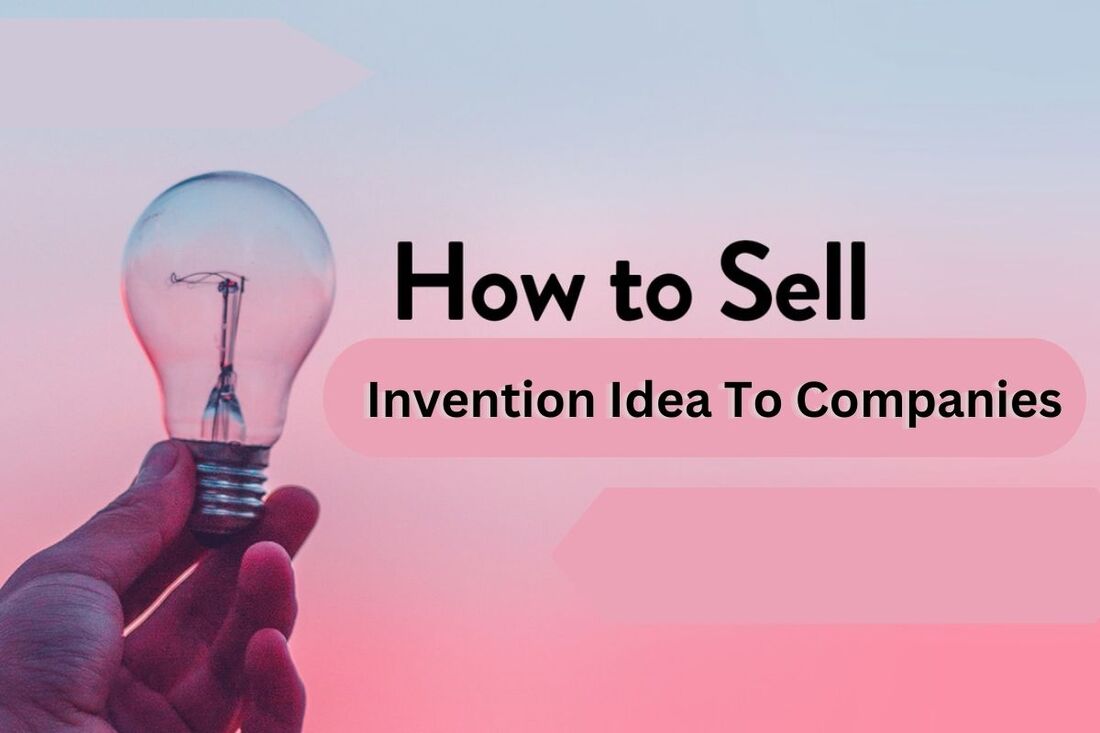
For inventors, the dream of seeing their creation come to life often hinges on successfully pitching their idea to a company. However, navigating the complex world of corporate innovation can be daunting. Understanding the process, protecting your intellectual property, and crafting a compelling presentation are crucial steps towards turning your invention into a commercial reality.
This article will explore practical strategies for inventors looking to sell their ideas, focusing on key aspects from initial research to final negotiations. We'll examine the necessary groundwork, the importance of intellectual property protection, and effective communication techniques.
Laying the Groundwork: Research and Preparation
Before approaching any company, thorough research is paramount. Understand the market landscape for your invention. Identify companies that operate within that market, specifically those with a track record of innovation and new product development.
Analyze their existing product lines and assess how your invention could complement or disrupt their current offerings. Tailor your pitch to demonstrate a clear understanding of the company's needs and strategic objectives.
Document your invention meticulously. Create a detailed description outlining its features, benefits, and potential applications. Include sketches, prototypes, and any data that supports its effectiveness.
Protecting Your Intellectual Property
Protecting your intellectual property is critical before disclosing your invention to any third party. A provisional patent application can provide initial protection while you evaluate the commercial potential of your idea.
While a provisional patent application establishes an early filing date, it doesn't guarantee a patent. However, it allows you to use the term "patent pending" for one year while you further develop your invention and assess its market viability.
Consider consulting with a patent attorney to determine the best course of action for protecting your invention. Nondisclosure agreements (NDAs) are essential when discussing your invention with potential licensees.
Crafting a Compelling Pitch
Your pitch should be concise, engaging, and focused on the benefits your invention offers to the company. Start with a strong opening that captures their attention. Clearly articulate the problem your invention solves and the market opportunity it represents.
Highlight the key features and benefits of your invention, emphasizing its competitive advantages. Provide evidence to support your claims, such as market research data, prototype demonstrations, or testimonials.
Be prepared to answer questions about your invention's technical feasibility, manufacturing costs, and potential return on investment. Practice your pitch thoroughly to ensure you can deliver it confidently and effectively.
Reaching Out to Companies
Identify the appropriate person or department within the company to contact. Often, this is someone in product development, innovation, or licensing.
A targeted email or letter introducing yourself and your invention is a good starting point. Clearly state the purpose of your communication and request a meeting to discuss your idea in more detail. Follow up on your initial communication to demonstrate your persistence and interest.
Negotiating a Deal
If a company expresses interest in your invention, be prepared to negotiate the terms of a licensing agreement or sale. Understand the different types of agreements, such as exclusive vs. non-exclusive licenses, and the implications of each.
Seek legal counsel to review any agreements before signing. Don't be afraid to negotiate for fair compensation and royalties that reflect the value of your invention. Remember, negotiation is a collaborative process; be willing to compromise while protecting your interests.
"The key to a successful negotiation is understanding the other party's needs and finding a mutually beneficial agreement," says Sarah Chen, a patent attorney specializing in licensing agreements.
The Human Element
For many inventors, the journey is not solely about financial gain. It's about seeing their creation improve lives or solve a problem. Building relationships with the people you are pitching to and demonstrating genuine passion can go a long way.
John Davis, an independent inventor who successfully licensed his product to a major company, emphasizes the importance of perseverance. "Don't give up after the first rejection," he advises. "Keep refining your idea and your pitch, and eventually, you'll find the right partner."
Selling an invention idea requires preparation, persistence, and a clear understanding of the market and legal landscape. By following these steps, inventors can increase their chances of successfully bringing their innovations to the world.
